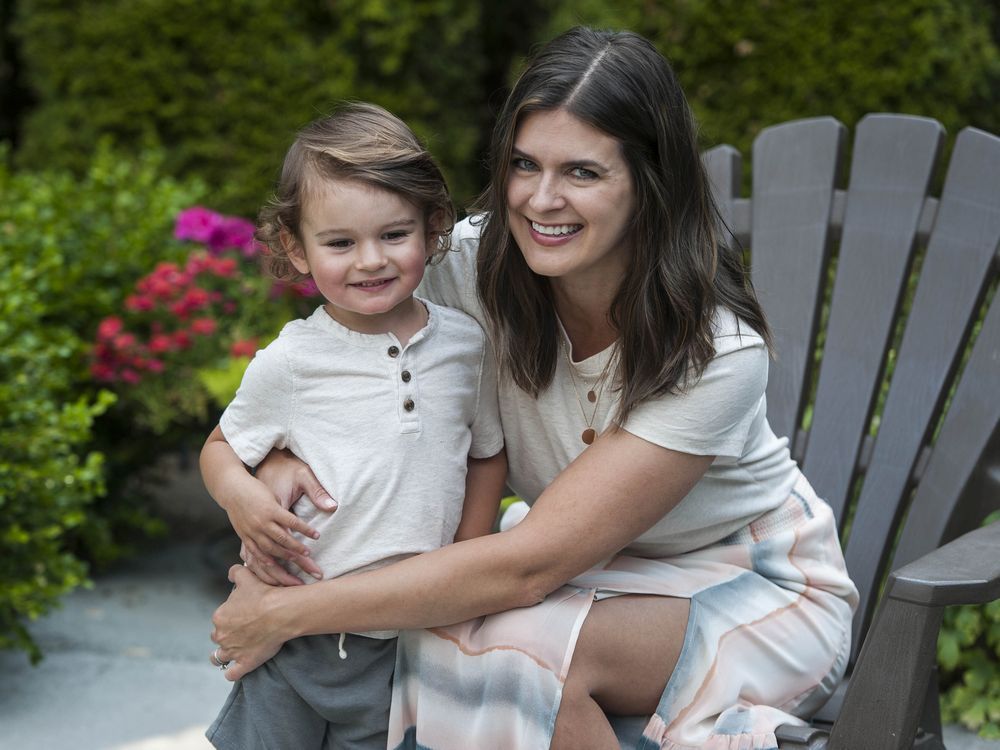what were you feeling when you found out you were pregnant?
i remember when that pregnancy was confirmed with blood work, and then again with ultrasound, i was so excited. i thought, this will be it, i’ll never have to go through ivf again. we’ll have two kids, that’s plenty, and it felt really special to have a twin pregnancy.
i was excited, but cautiously optimistic. once they confirmed it was twins, i remember my mom saying, ooh, twins are riskier. but i was fully prepared to deliver early if that’s what was going to happen. there was nothing in my mind that made me feel like this wasn’t going to carry to term.
i was very cautious — they didn’t know the safe limit for caffeine, so i had zero caffeine. i ate only the healthiest things and did exercises that weren’t strenuous but would also keep me healthy. i felt like i had to control anything that could be controlled.
we did tell people who were close in our circle. immediate family and close friends knew that i was pregnant with twins, and then after the first trimester, we were more open with our employers and colleagues and extended family and friends. being pregnant with twins, i was showing by about 14, 15 weeks. it really felt like once we were past the 12-week mark, everything was safe. we got through the first few months and now we’re good to go. i had just started seeing an obstetrician, and he didn’t make any remarks about anything, so i felt like everything was going fine.
 15 minute read
15 minute read









